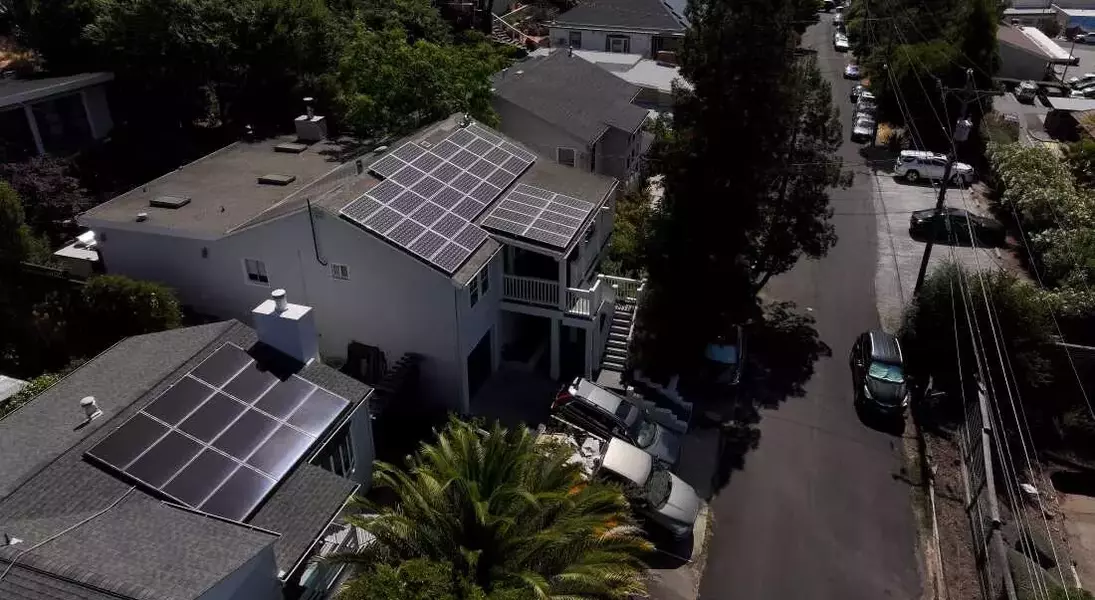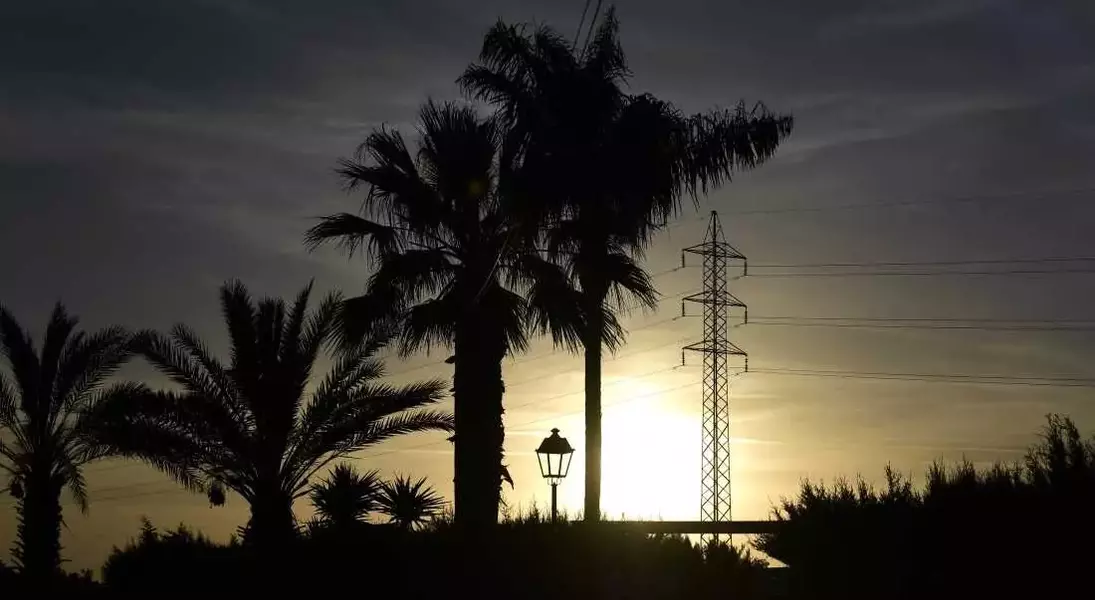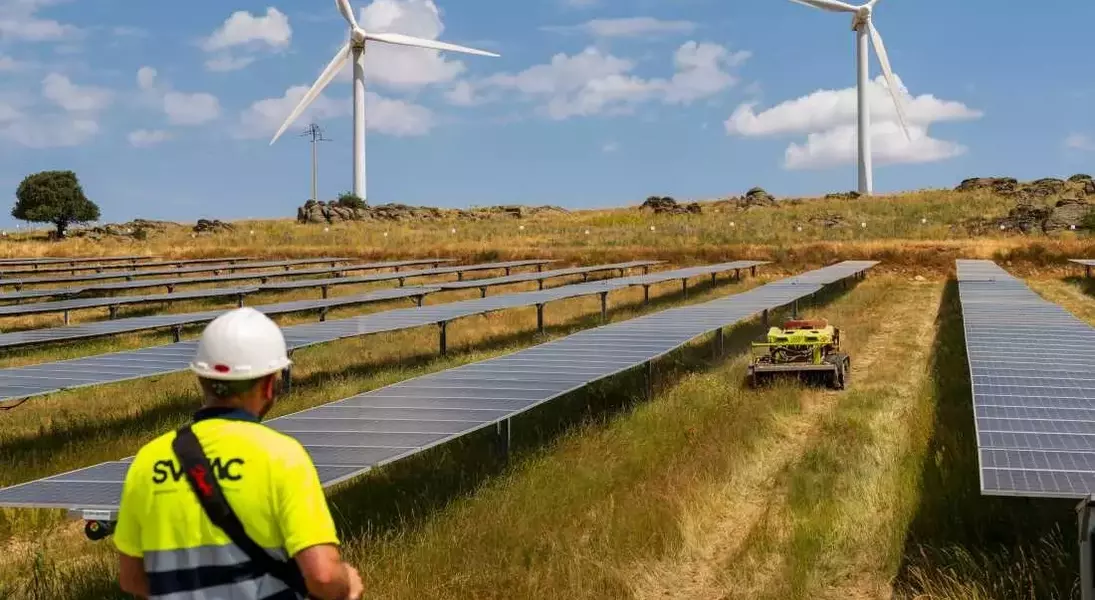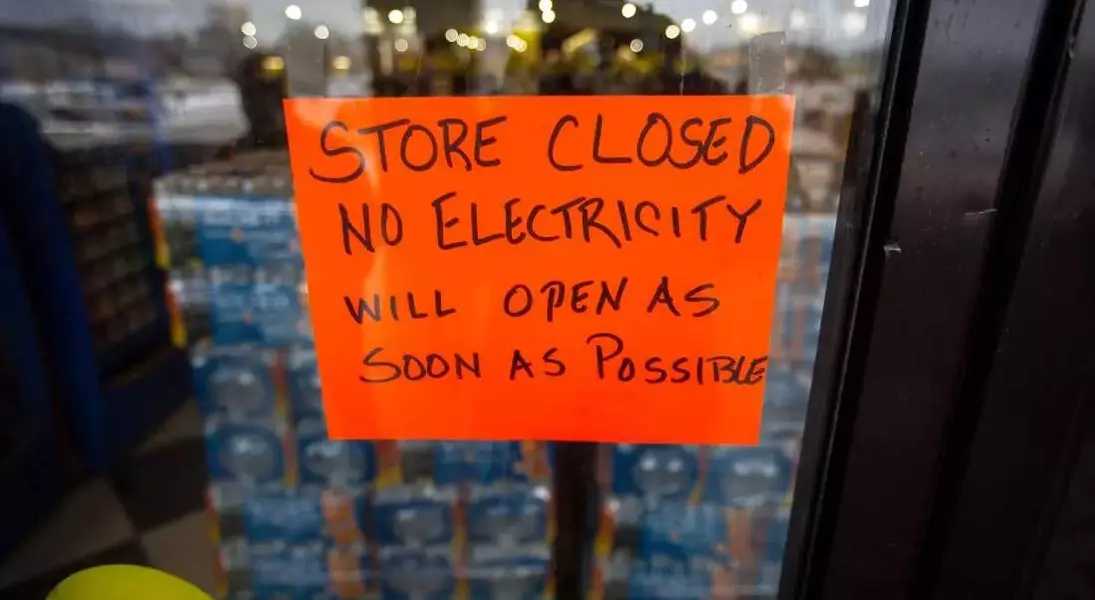





In the aftermath of a widespread power outage that gripped Spain and Portugal, claims swiftly emerged pointing fingers at renewable energy sources like solar and wind. However, a comprehensive report from a panel of European grid operators has since debunked these initial accusations. This incident serves as a stark reminder of the persistent spread of misinformation regarding sustainable energy and its detrimental effects on public understanding and policy adoption. Despite clear evidence that the outage stemmed from a voltage surge, not a reliance on renewables, public opinion was significantly swayed by false narratives, underscoring the urgent need to counter such disinformation with accurate, data-driven information.
Dissecting the Power Outage in Spain and Portugal: Challenging Misinformation with Facts
In the spring of 2025, a significant electrical grid failure plunged millions across Spain, Portugal, and parts of France into darkness, halting transportation and daily life for up to ten hours. Amidst the chaos, various media outlets and figures, including the Daily Mail and former fracking executive Chris Wright, quickly attributed the blackout to Spain's substantial integration of renewable energy, which accounts for approximately 46% of its power, sometimes exceeding 70%. Wright, now the U.S. Energy Secretary, characterized relying on weather-dependent energy as a 'risky endeavor.'
However, an expert panel of European grid operators has since released findings that directly contradict these early assumptions. Their report clarifies that the blackout was primarily caused by an unprecedented voltage surge within the grid, a phenomenon unrelated to the proportion of solar or wind power in the energy mix. While initial oscillations in power flow contributed to the issue, it was the subsequent, uncontrollable voltage spike that triggered automatic shutdowns in transformers and power plants. Antonio Gómez-Expósito, an electrical engineering professor at the University of Seville, emphasized the need for stricter voltage regulation rather than a critique of renewable energy. This technical explanation effectively discredits arguments from critics who often associate renewable energy, particularly the lack of 'inertia' from modern solar and wind installations, with grid instability. Gómez-Expósito clarified that while traditional power plants offer mechanical inertia, renewable sources boast 'infinitely greater response speeds' and were not implicated in this specific event.
The impact of this misinformation was profound. A survey conducted by the Climate Action Against Disinformation (CAAD) coalition in Spain and the United Kingdom revealed that a majority of respondents in both countries fell prey to false narratives surrounding the blackout, with the most prevalent misconception being that renewables were to blame. This pattern echoes a similar event in Texas in 2021, where a severe power outage, later found to be caused by failures in gas and coal plants during extreme cold, was initially blamed on solar and wind energy. These incidents highlight a disturbing trend where crises are exploited to spread unfounded accusations against climate solutions.
Nevertheless, the resilience and potential of renewable energy, especially when paired with advanced battery storage systems, are increasingly evident. Elliot Mainzer, CEO of the California Independent System Operator, pointed to California's success in mitigating blackouts during heatwaves through its two-thirds clean energy reliance, largely due to effective battery integration. He also noted that traditional gas power plants exhibit increased vulnerability during peak heat. Similarly, Texas' ERCOT has acknowledged the crucial role of solar and battery storage in preventing outages, particularly when conventional fossil fuel plants underperform. As global warming intensifies and brings more frequent extreme weather, the strategic combination of solar power and batteries emerges as a critical component for ensuring robust and reliable energy grids.
The propagation of misinformation regarding renewable energy not only distorts public perception but also impedes progress toward critical climate solutions. The Spanish blackout serves as a potent example of how quickly false narratives can take root and influence public opinion, even in the face of scientific evidence. It underscores the vital importance of accurate reporting and continuous education to ensure that the transition to sustainable energy is understood and supported, rather than undermined by unfounded fear and doubt.
